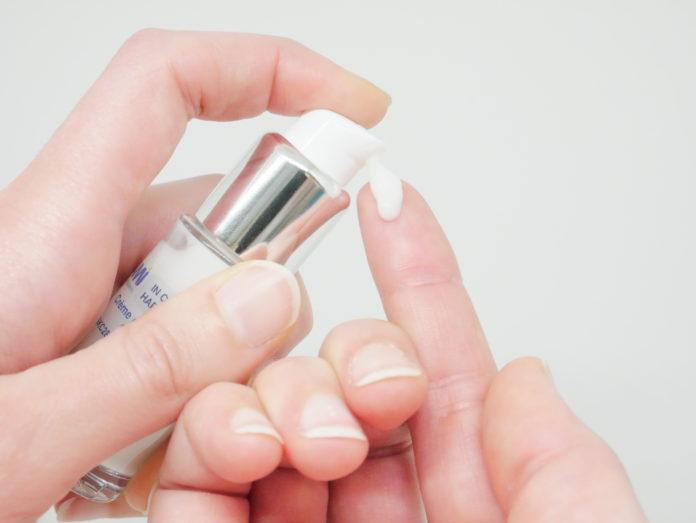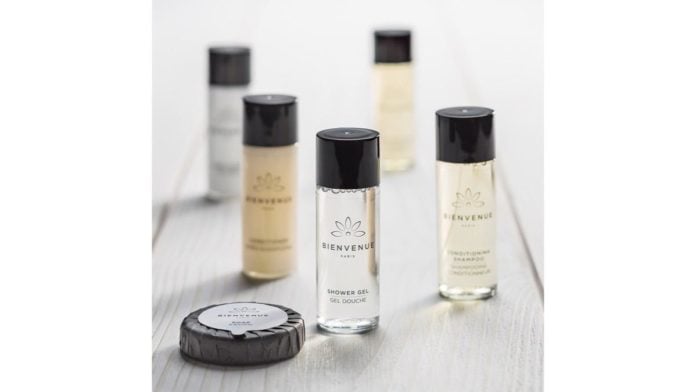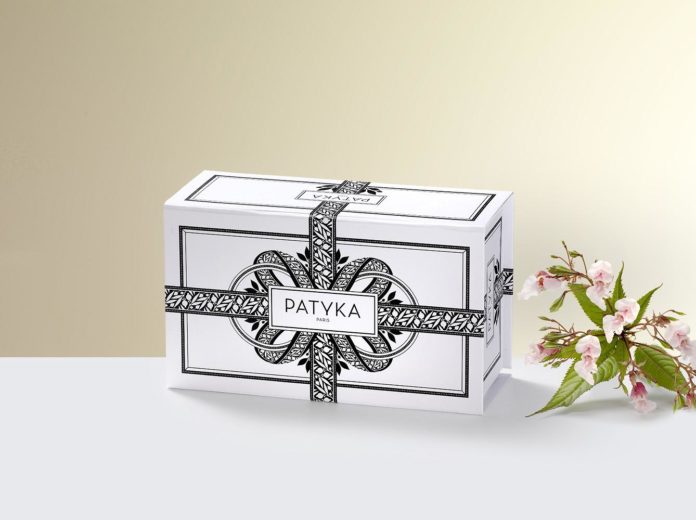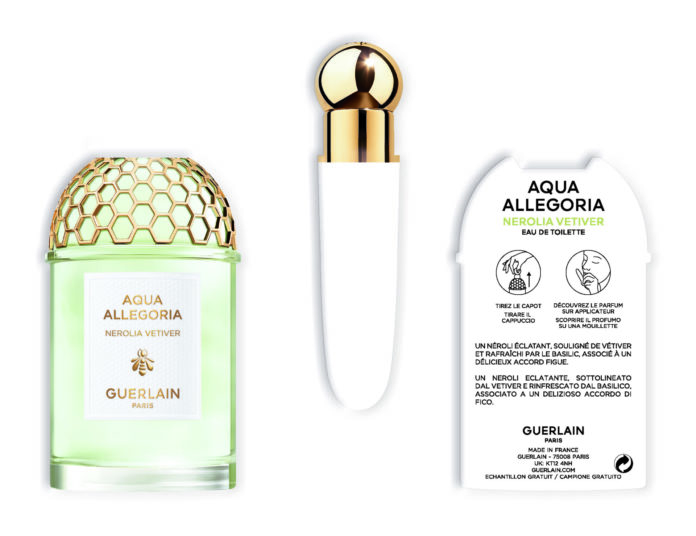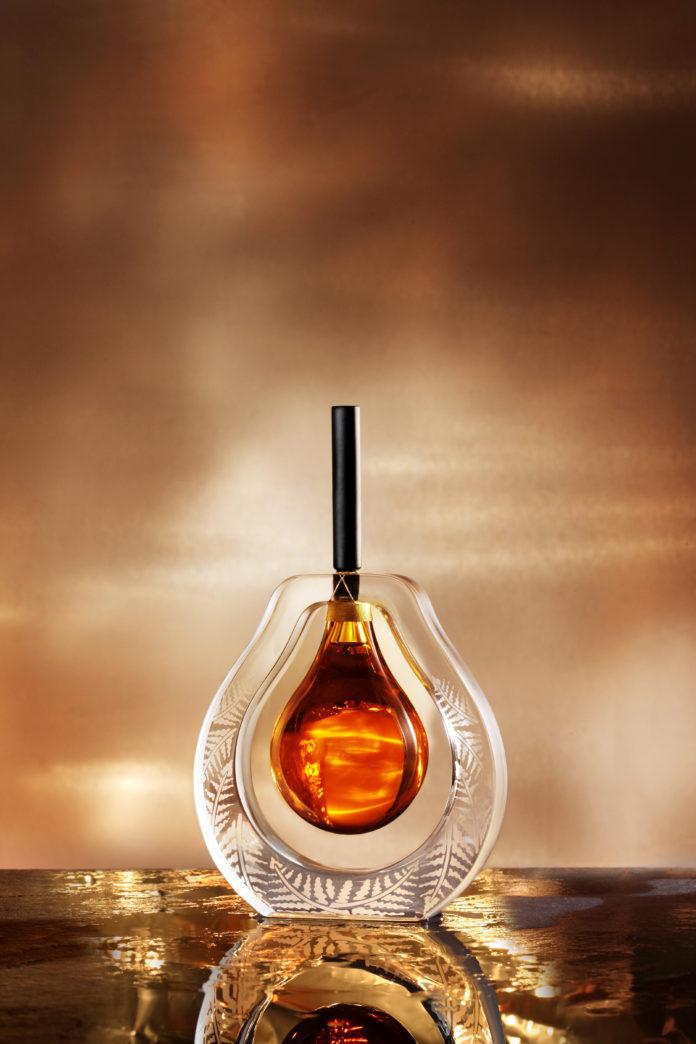Since its foundation, Groupe GM has played a pioneering role in the hospitality sector, creating the concept of branded hotel hospitality products. Today, the group celebrates Bienvenue, its first line of hotel hospitality products, born over 45 years ago, which is also the first collection of cosmetics designed in France for the hotel industry.
Georges Marchand, a self-taught former salesman, became sales director of a company specializing in the reproduction of works of art by great masters, particularly for hotels. It was through his meetings with hotel managers and suppliers in the sector, and thanks to his address book, that he came up with the idea of offering branded cosmetic hospitality products. He noticed that, in 1970s Paris, guests only had 15g bars of soap in their hotel rooms. In those days, the most common method of conveying an establishment's brand image through a product was to offer matchboxes to guests as a welcome gift.
"Groupe GM wanted its very first in-house-designed brand to embody the nobility, style and universality of the art of hospitality, says the company. The French word "bienvenue", internationally known and pronounced in a multitude of accents, is much more symbolic than its English equivalent, "welcome". What's more, the flower in the brand logo embodies the art of receiving. Today, millions of products in this line are sold every year.
Today, Groupe GM, a family-owned company, holds a portfolio of over 40 brands, including brands developed in-house.
Care About Earth social responsibility program
Since the launch of the Bienvenue line, Groupe GM has taken the necessary steps to remain at the forefront of the hotel hospitality industry. Similarly, throughout its development, GM Group has made environmental sustainability a priority, and has worked hard to ensure that its products' ingredients and packaging come from responsible sources.
To further support this cause, the group launched the Care About Earth program in 2018. Intended to intensify all the company's environmental and social actions, this program aims to reduce the impact of hospitality products on the environment.
Thanks to the Care About Earth program, GM Group is able to minimize its environmental impact through three main pillars: reducing the amount of fossil fuel-based plastics in its packaging, using materials from responsible sources in its product design and formulas, and developing innovative large formats such as Ecofill, its patent-pending dispenser.
The Ecofill dispenser is an innovative, sustainable and eco-designed product. Combining respect for the environment, refilling and traceability, it offers a clean, safe and easy solution with reduced environmental impact.
Ecofill is easy to refill thanks to its single-use 400 ml sealed pouches, which offer minimal packaging with only 8 g of recyclable plastic and guarantee total traceability of formulas.
As part of the Care About Earth program, the materials making up over 85 % of Groupe GM's hospitality product lines have already been replaced by plant-based or recycled plastics. The Welcome line is eco-designed and perfectly in line with this program. The products are made from plant-based or recycled plastic derived from sugarcane residues and sourced exclusively from sustainable farms and responsible suppliers.
GM Group, in a few words
With a worldwide distribution network of 25 exclusive agents covering more than 80 countries, Groupe GM offers its products in over 7,000 establishments - most of them upscale, such as palaces, independent boutique hotels or members of prestigious international chains. Its hospitality products are also distributed on board cruises and by several airlines. In the background, there is a growing demand for these products in certain healthcare establishments, such as luxury clinics.
The group recently completed a major expansion project in the United States, one of the world's largest hotel markets, with the opening of a new warehouse and operations site in Hallandale, Florida. This step paves the way for the company's planned major investments in the US market over the next few years.
GM Group's partners are locally based. With each distributor managing its supply chain locally, GM Group can ensure flexible service, rapid delivery and optimized management of customer needs.




